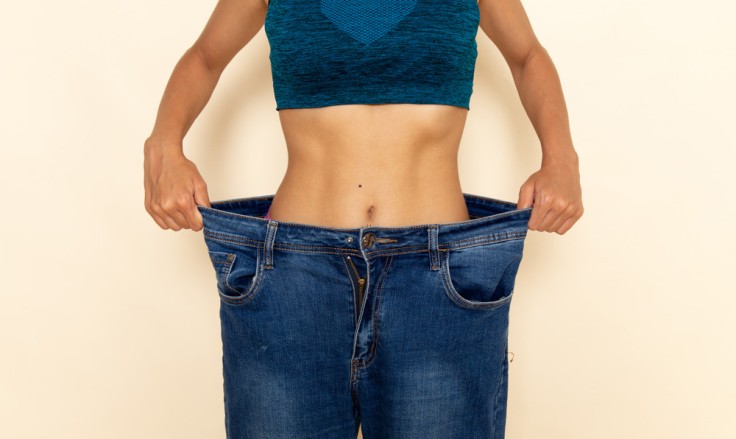Gastric Sleeve vs. Alternatives: Which Is Best for You?
Introduction
Choosing the right weight-loss treatment requires careful thought and understanding of all available options. The debate around Gastric Sleeve vs Alternatives continues to grow. More people are exploring surgical and non-surgical paths to better health. This article compares gastric sleeve surgery to other popular treatments. This includes gastric bypass, gastric balloon, and medical therapy. Additionally, it covers key differences in procedure, effectiveness, safety, cost, and lifestyle impact. If you're considering weight-loss help, this guide provides clear, honest insights to help you choose.
Understanding Gastric Sleeve Surgery
Gastric sleeve surgery is also called sleeve gastrectomy. It removes around 80% of the stomach. This reduction limits food intake and suppresses hunger by lowering ghrelin hormone levels. The procedure is permanent and performed laparoscopically, meaning minimal scarring and faster recovery. Generally, patients lose 50–70% of excess body weight within 12–18 months. Therefore, gastric sleeve is ideal for individuals seeking long-term weight loss with fewer dietary restrictions than other surgeries.
Gastric Bypass Surgery: A Common Alternative
Gastric bypass is another widely performed bariatric surgery. It involves creating a small stomach pouch and rerouting the intestines. Food bypasses part of the digestive system, limiting calorie and nutrient absorption. While more complex, it often results in quicker weight loss compared to sleeve surgery. However, it comes with higher risks of nutrient deficiencies and long-term complications. When comparing Gastric Sleeve vs Alternatives like bypass, sleeve surgery is often chosen for its simplicity and lower risk profile.
Gastric Balloon: A Non-Surgical Option
The gastric balloon is a temporary, non-surgical weight-loss tool. A soft balloon is inserted into the stomach and filled with saline. It stays in place for six months, helping patients feel full with less food. Weight loss is typically 10–15% of total body weight, making it less effective than surgical methods. However, it is suitable for those seeking short-term solutions or not ready for surgery. It’s also reversible, unlike sleeve and bypass procedures.

Weight-Loss Medications: A Growing Alternative
Prescription medications such as GLP-1 receptor agonists are increasingly used to support weight loss. These drugs reduce appetite, slow digestion, and help regulate blood sugar. Examples include semaglutide and liraglutide. While non-invasive, medication alone often leads to moderate weight loss, around 5–15% of body weight. Still, it is less predictable and must be taken continuously. Medications may work well for patients with lower BMIs. Or, those managing other health conditions alongside obesity.
Comparing Safety and Risk Levels
Safety is a crucial factor when comparing Gastric Sleeve vs Alternatives. Gastric sleeve surgery is generally safe with low complication rates. Risks include bleeding, leakage, and infection, but these are rare. Gastric bypass carries higher risks due to its complexity and long-term nutrient absorption issues. The gastric balloon has minimal risks but may cause nausea or balloon deflation. Weight-loss medications can cause side effects like nausea, constipation, or headaches. Overall, gastric sleeves provide a strong balance between effectiveness and safety.
Effectiveness of Gastric Sleeve vs Alternatives
When measuring effectiveness, gastric sleeve and bypass lead the way. Both result in significant, long-term weight loss. Gastric sleeve offers steady results with fewer side effects and simpler nutrition management. Gastric bypass often works faster but involves greater post-surgery care. The gastric balloon provides more modest weight loss. Medications offer gradual results but often require continued use. When considering Gastric Sleeve vs Alternatives, effectiveness depends on your goals. It also depends on how much weight you aim to lose.
Lifestyle Changes and Long-Term Maintenance
All weight-loss methods require permanent lifestyle changes. After gastric sleeve or bypass, patients must follow strict diets, take supplements, and attend follow-ups. The balloon also demands diet changes, even though it's temporary. Medications work best when combined with proper nutrition and regular physical activity. Regardless of the method, success relies heavily on mindset and commitment. When assessing Gastric Sleeve vs Alternatives, think about how ready you are for long-term changes.
Conclusion
Choosing between Gastric Sleeve vs Alternatives depends on your goals, health, and readiness for change. Gastric sleeve offers a balanced, effective solution with long-term benefits and manageable risks. While gastric bypass provides quicker results, it carries higher complication risks. The gastric balloon and medications suit those preferring non-surgical options but offer less dramatic results. Ultimately, discussing your needs with a specialist ensures a personalised, successful path toward better health and lasting weight loss.
For more information on gastric sleeve procedures and to book a consultation visit the ACIBADEM Beauty Center Obesity Surgery webpage.





